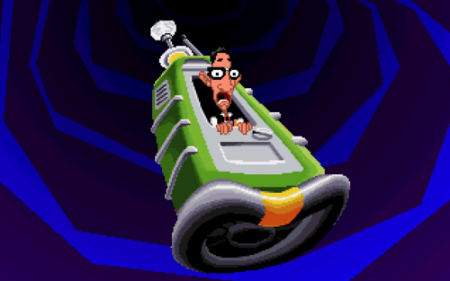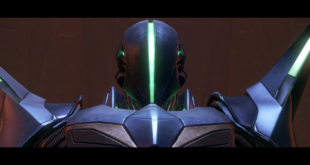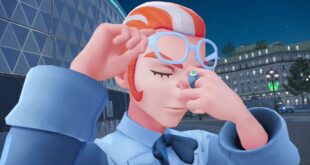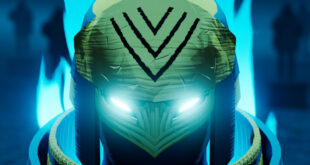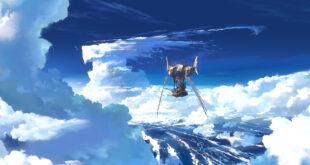‘Nerd culture’ is leading us all into the apocalypse! Sort of.
Nerd culture has had a big resurgence in the past few decades. It was mostly a niche thing in the time before the mid 90’s; something only the “lower rung” of society (and not in the monitory sense) would focus on. Basically, a preoccupation with sci-fi and fantasy fiction was the domain of individuals with too much free time and money.
Then something interesting happened; these “outcasts” created almost a utopia in San Francisco. A place where everyone was in the 20’s and extremely wealthy. This changed everything and suddenly it was okay to like obscure things. Japanese culture came westward, bringing with it manga, anime, and Kpop. There were no more major wars, meaning young men didn’t have to be shipped off to foreign lands.
Technology became more predominant in our society. Smartphones, video games, television… all these things just helped add to the advent of the neo-nerd. A person who, while being social and popular, could also engage in much more obtuse subjects. That’s something that had never really happened before and led us to where we are today.
This is where I want to talk about our fascination with an apocalypse (well, that escalated quickly- ed).
In the past few years, we’ve seen an enormous amount of items relating with the end of the world. Movies, books and games were all focused on events such as these, where all of human society comes to an abrupt halt. Why do we enjoy such depressing thoughts such as these? Why would we focus on the end instead of focusing on the now, the real and the tangible? This is something that has puzzled me for a while now and here in this piece I will try to find why this kind of fiction is so enjoyable to modern humans.
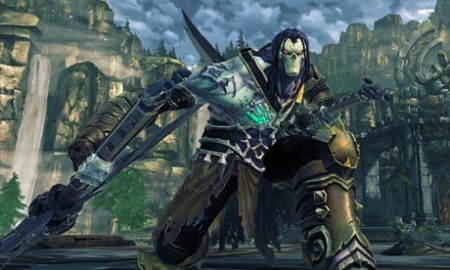
The first thing we have to look at is where this kind of fiction came from in the beginning. For most it would probably come in the form of the apocalypse in the Christian bible. It details the second coming of Jesus and the end of the entire universe. Of course most contemporary chronicles don’t focus on what came before, but rather the journey through a world wrecked by such an event. One of the earliest examples is Mary Shelley’s The Last Man, the story of a world wrecked by plague and how the last humans on earth deal with it. It’s an interesting thought and one that has been replicated multiple times in the last century.
Each crisis that has befallen society seems to create a different take on the classic apocalypse too. In the 50’s, with the cold war in full swing, stories of nuclear devastation were popular (Shadow on the Hearth). In the 70’s the fear of space (Hitchhikers Guide) was huge. Pandemics in the late 80’s due mostly to the rise of AIDS and other diseases (Emergence) came to the fore.
And let us not forget the one that has lasted for much too long- zombies, which can be primarily attributed to George A. Romero’s Living Dead film series. That particular horror we can relate to quite a bit due to overpopulation and dwindling resources. We can thus assume that we overall just focus our fears into a more condensed form, as a way to keep things separate from the real world.
The zombie craze in particularly seems to have affected us for the longest time, based on a culmination of all the other fears, one that comes rapidly and does not stop. Something like a pandemic could possibly be cured or the immune could live on, but in a zombie apocalypse the zombies will always be there… ready to eat anyone left.
Maybe our biggest fear is that of an unending enemy, each human who dies will only join the undead side, making for an endless war. Movies like World War Z focus on this aspect with the book fleshing out the idea even more. Zombies are the most possible monsters from our point of view, something not very possible like Vampires and werewolves take a back seat, because as in most fiction, they die out anyway. Except in something like Daybreakers where the vampires take over and the humans become the fear.
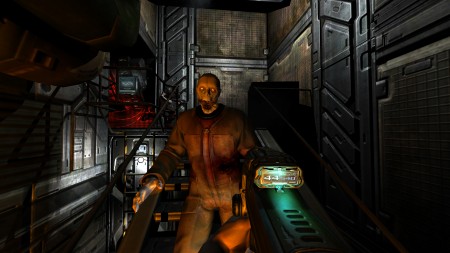
As far as the nerd obsession with these types of tales, I can attribute it to one main thing- survival. In a world that no one expected, where our darkest nightmares become real, who would be the first to die? Those who never expected it? Or those who were prepared for it from the beginning? Someone who had read countless books about the coming end would probably be better suited for such a change in events, if they knew how to kill zombies and how to survive, then they would become the alpha dog. That would be quite the turn of tables for most of the nerdy among us.
They would go from being the “loser” to being the lord of the land. So we stem back to the differences between those called “nerds” and those who consider themselves better then that. We seek this kind of anarchy as a fresh restart, where everyone has an equal chance to be the leader, to pursue his or her own dreams and desires without the implications brought on by society. So for the outcasts, no matter how popular their chosen forms of entertainment have become, it makes perfect sense for them to take to it as they have.
And even if the world will never end, we can still hold on to the hope that there is something in the world besides what there is now.
 BrutalGamer Bringing you Brutally Honest feedback from today's entertainment industry.
BrutalGamer Bringing you Brutally Honest feedback from today's entertainment industry.

